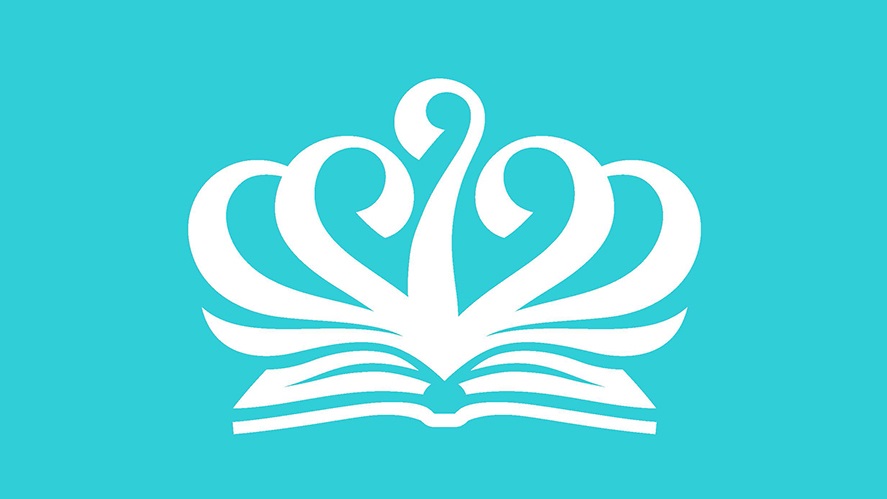- Discover more
- Parent Essentials
- Calendar
- Careers
- News
- Contact us
- Apply now
- Discover more
- Parent Essentials
- Calendar
- Careers
- News
- Contact us
- Apply now

ICT and EAL have jointly looked at subject-specific words that are needed to communicate in ICT lessons as well as the key topic words in Key Stage 3 curriculum to find specific practical methods for students to have opportunities to understand, use and master the technical words.
“Believe it or not, ICT is a very language rich subject. Some people may think that if you can use a computer, you will be successful in ICT regardless of your language ability – this is wrong. Whilst we encourage students to learn specific software skills, there is a greater level of technical understanding that is required in order to meet the challenging content of the ICT and Computing curriculum.” Nicole Sargeant, ICT teacher
Key Stage 3 ICT includes units of work which are so visual and practical that a deep understanding of technical language needed is minimal, such as sound editing and image editing. The units of work which do require understanding of technical terms to understand the concepts of the topic as well as to successfully use the computers, are database, spreadsheets, web designs and programming. Indeed, as we begin to incorporate computing more into the curriculum, students are required to write and understand programming language (a text-based language). Literacy in ICT is often ignored because of the perceived practical nature of the subject, but, as we have found, specific focuses on literacy in ICT lessons and home work can help our students significantly.
We use cookies to improve your online experiences. To learn more and choose your cookies options, please refer to our cookie policy.